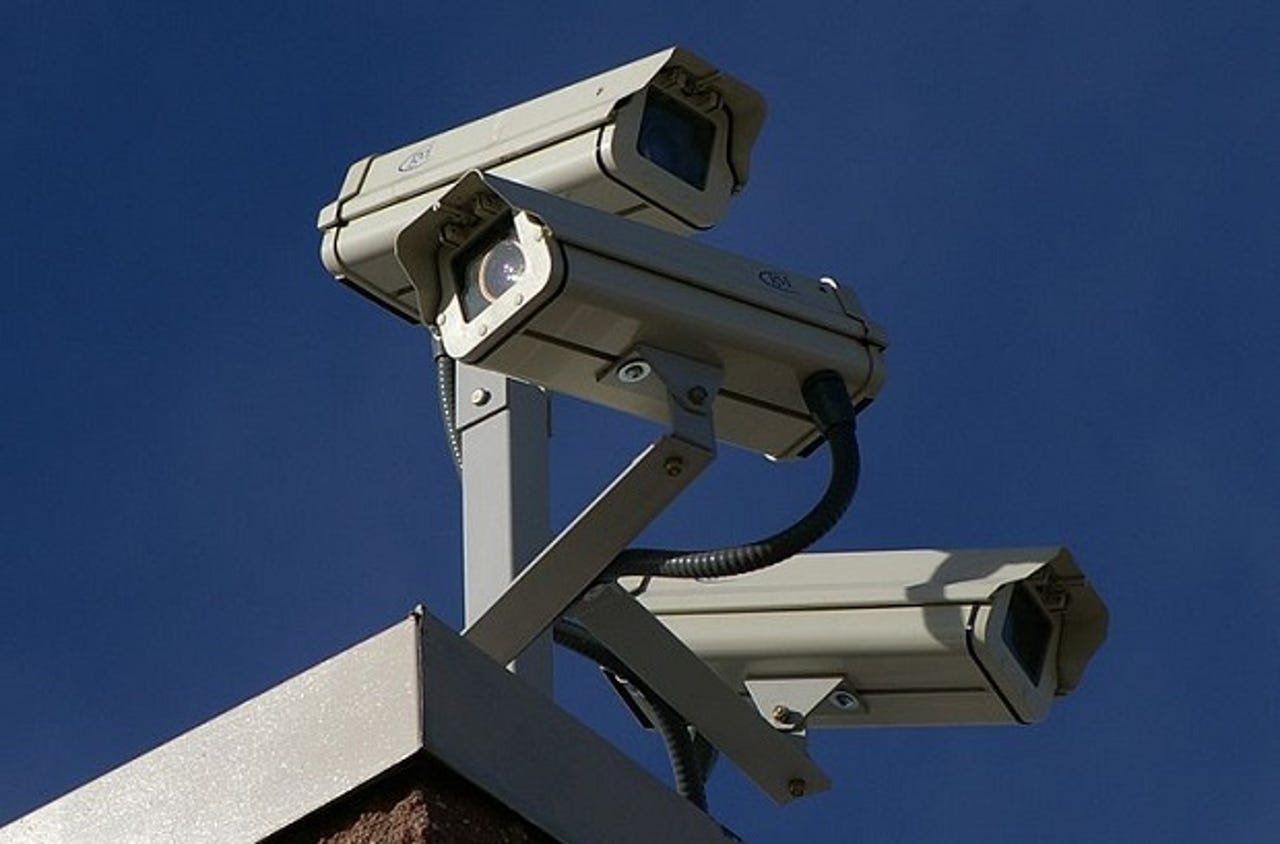Ferguson: Another case for public security cameras


Much of what passes for privacy concern strikes me as overwrought reaction to minor problems, and completely dismissive of the other side of the story. There's no better example than public security cameras and police-officer body-mounted cameras.
The disturbances in Ferguson, MO are a great example of the benefits of this technology. Consider this Wall Street Journal story on police body cameras, which the police in Ferguson were not wearing. It describes how the entire force in Rialto, CA is wearing them. "In the first year after the cameras' introduction, the use of force by officers declined 60%, and citizen complaints against police fell 88 percent."
It's not hard to see why the numbers changed as they did. Police know that everything they do is on the record so they are more careful. Everyone else similarly knows that it's all on the record so those with frivolous complaints know they won't get anywhere.
Police aren't everywhere at all times, but the law should be. That's why public security cameras serve some of the same benefits. I think most people would not be upset at a network of cameras in an airport terminal, but then there are the professional objectors: "They also raise the specter of technology racing ahead of the ability to harness it, running risks of invading privacy and mismanaging information, privacy advocates say."
My philosophy of these things begins with what I consider a truism: Nobody has a reasonable expectation of privacy out in public. If it would be legal for a police officer to stand nearby and watch you, then there's nothing wrong with a security camera taking your picture. I suppose the same applies to audio.
If you object to the idea of police out in public looking for legal problems to address then I don't know how to talk to you about this. I have a lot of problems with a lot of what police do, but obviously we need to have them. Why would a camera recording public events be any more objectionable when it protects the rights of the public? And just as with police, the public knowledge that there are cameras out there would and should discourage criminals.
Recently I've begun to view cameras as a way to minimize the problems with eyewitness testimony. There is a good deal of research into the (un)reliability of eyewitness testimony. I have no doubt that it's possible to convince certain people that certain things happened when they did not. To the extent that video evidence is available, it makes reliance on eyewitnesses less necessary.
Clearly there are borderline cases such as the camera that sees into an open or unshaded window. This is a good example of how laws can and should be developed to govern the use of public surveillance data. I can certainly see forbidding the use of such information although, once again, if a police officer were on the street and could see into the open window and witness a crime, shouldn't that officer be able to respond? Maybe the answer is that if you want privacy, draw the curtains.
The more important consideration is how to govern access to the data by police or other persons, and here's another case where technology can help. Both the video storage systems and the law should require that any viewing of recorded surveillance data be logged and reasons given. There should be clear and non-trivial penalties for abuse. Yes, you can imagine a police officer using surveillance footage to spy on an ex-girlfriend, but you can also imagine him stalking her personally. Both are wrong and it should actually be easier to detect the electronic abuse.
It would be at least reasonable and probably a good idea to limit the types of crimes or activities for which the footage may be used against a person or used for any purpose. I can also imagine an outside agency being entrusted with securing the data and given the job of controlling and logging access to it. Should the police have to give some reason to use video surveillance data for tracing a person's movements? I don't know, but we could talk about it. If such reasons could be given quickly by the police and those reasons protected against improper access, then we would have a better record of what happened.
Possibilities like these convince me that a well-designed public surveillance system will tend to protect the rights of the public, rather than diminish those rights. Just as the police body cameras convince both police and the public to act straight, public cameras remind everyone that they are in public and need to mind the rights and needs of others.
Don't give me the Big Brother argument. I'm talking about public places. 1984 had Big Brother watching you in your bedroom. There you have a reasonable expectation of privacy. Out in the park or outside a movie theater or in a subway station you don't. That's what makes it a "public" place.